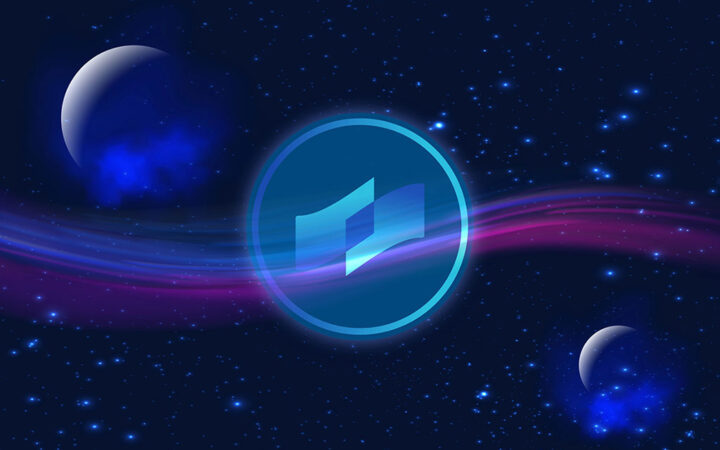
Israel-based Start-up is Building its Own Blockchain Protocol that Removes Miners
The Trustchain addresses the classical problems of cryptocurrencies such as bitcoin, namely its scalability, speed and transaction costs.
Currently, most cryptocurrencies are based on blockchains that require each transaction to be confirmed by miners. COTI has architected a new blockchain based on DAG data structures. DAG is block-less blockchains where there are no miners or blocks. Each new transaction is validated by two previous transactions to be added to the Trustchain. As a result, networks built on the Trustchain will be able to process tens of thousands transactions-per-second (TPS), according to COTI.
Removing miners on the Trustchain will also dispel the use of computing power and remove the abundance of energy consumption. On the Trustchain, users who consistently receive minimal or no complaints for their activity receive higher positive scores. As a reward, they face lower fees for using the Trustchain. Those with spotless records will be charged zero fees by the system.
The company states that it has already signed up 80,000 users, 5,000 merchants and achieved application on POS terminals worldwide.
Shahaf Bar-Geffen, CEO of COTI, commented:
“We are launching the world’s first protocol that is actually optimized for payments and stable coins, with a belief that developers and enterprises will build groundbreaking applications on our platform. For cryptocurrencies to reach their true potential, they must become a cheaper, quicker and easier means of payment than they are currently. Unfortunately, any blockchains that rely on confirmations from miners will never be truly scalable. This [the Trustchain] will set the standard for next-generation payment solutions and stable coins that is safe, easy to use, instant and cost-effective.”
About COTI
COTI is the world’s first blockchain platform optimized for decentralized payments, designed for use by merchants, governments, decentralized payment networks and stable coin issuers.
Most of today’s blockchain platforms are optimized for dApps and not for payments. They also don’t provide the infrastructure and the tools required for everyday transactional use. This in addition to possessing numerous challenges related to identity, trust, stability, scalability and high transaction costs, which deter the adoption of cryptocurrencies for mainstream use.
Disclaimer: This publication is sponsored. Coinspeaker does not endorse or assume responsibility for the content, accuracy, quality, advertising, products, or other materials on this web page. Readers are advised to conduct their own research before engaging with any company mentioned. Please note that the featured information is not intended as, and shall not be understood or construed as legal, tax, investment, financial, or other advice. Nothing contained on this web page constitutes a solicitation, recommendation, endorsement, or offer by Coinspeaker or any third party service provider to buy or sell any cryptoassets or other financial instruments. Crypto assets are a high-risk investment. You should consider whether you understand the possibility of losing money due to leverage. None of the material should be considered as investment advice. Coinspeaker shall not be held liable, directly or indirectly, for any damages or losses arising from the use or reliance on any content, goods, or services featured on this web page.




